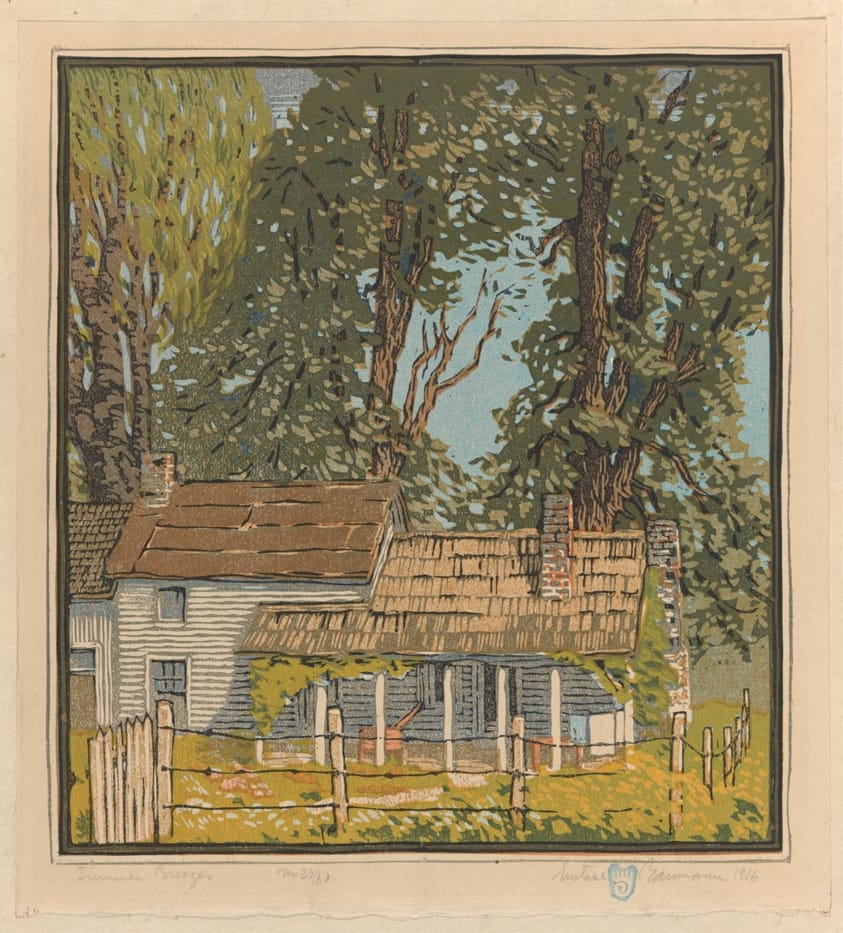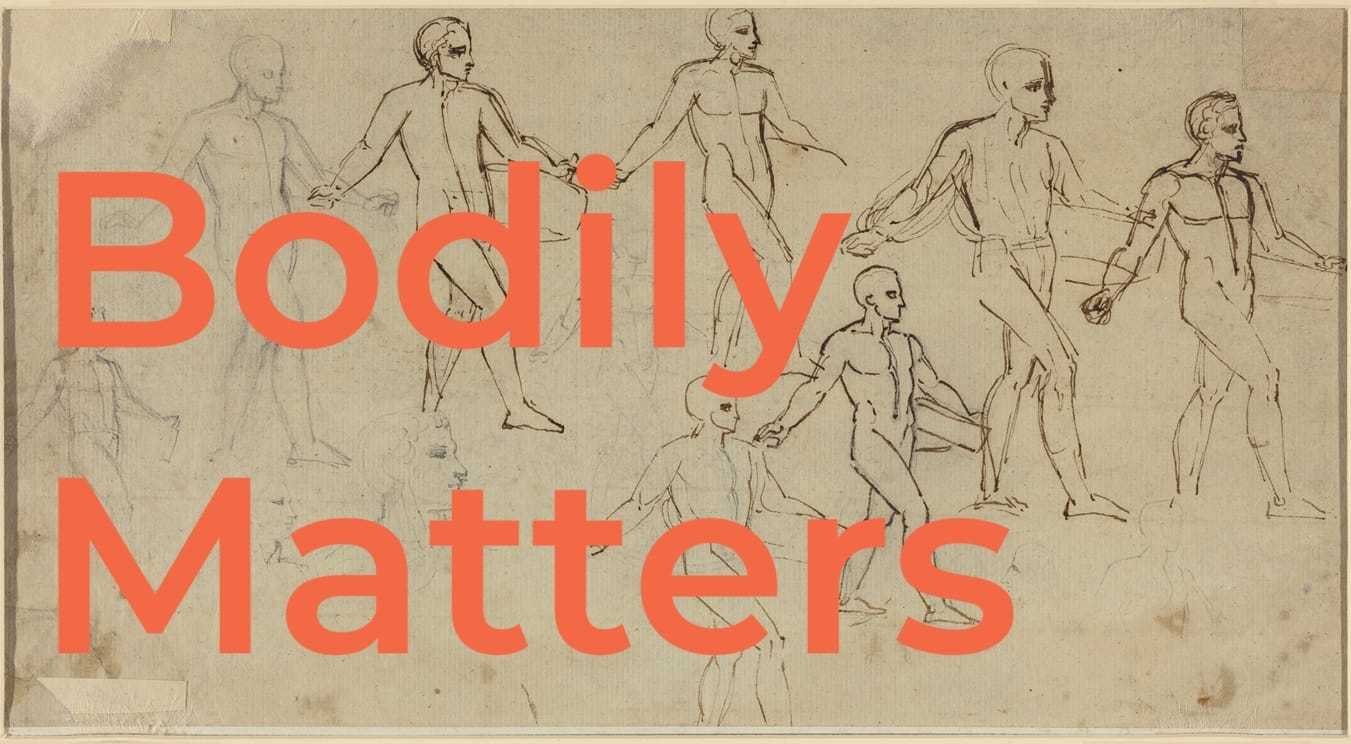The 24 Solar Nodes, Summer Begins 立夏

In traditional Chinese and other East Asian cultures, a year was divided into 24 solar nodes (二十四節氣).
This episode discusses the 7th node, summer begins (立夏 lìxià), which this year runs between May 6 and May 21. Note that in this calendar, the solstice and equinox points are the apex of the season, not the beginning.
In the world
Summer is when 100 flowers bloom. Flowers and plants grow luxuriant and mature. Summer is associated with the south, red, the bright sun, and the organ the heart.
This term can further be divided into 3 micro-seasons:
- crickets and frogs become become noisy, 初候螻蟈鳴
- earthworms emerge, 二候蚯蚓出
- a special kind of melon grows, 三候王瓜生 - melons and gourds more generally flourish in the summer heat (these include squashes and cucumbers as well as sweet melons)
In the body
Summer is the time to flourish/show off what was sown and cultivated in winter and spring. This is the peak of the year. Do your best, go all out, work hard to realize your plans and you will reap rich rewards.
The summer season is particularly associated with the heart (夏氣與心氣相通), which rules over the body and houses the spirit or spirits of the body.
On an emotional level, the heart is nourished by stillness and depleted by sweat (sweat is the fluid of the heart, and losing too much can damage the yang) so avoid excessive sweat loss after physical activity.
Avoid depression or explosive anger.
Early summer coincides with heart vigor; replenish the blood and work on absorbing more nutrients into the body. If you feel an abnormal heartbeat or new palpitations, see a MD (in the wake of covid, cardiac problems are impacting younger people with far greater frequency).
Also easy to feel dizzy and forgetful; work on consuming foods with high nutritional value.
Small intestine becomes more active; work on breathing exercises (deep belly breathing into lower dantian).
Look out for signs of blood deficiency.
Beneficial adjustments
Go to bed early and wake up early, practicing gratitude for the sunshine. Another source says you can go to bed a bit later, but be sure to get up early in order to stretch and be active before the sun becomes too strong to be outside without sweating. Aim to be in bed no later than midnight so you can be fully (deeply) asleep by 2 am (1-3am are crucial sleeping hours year round). Ideally wake with the sun when it rises around 5am, or as near to that as you comfortably can – for me this is around 6am.
The heart organ particularly requires stillness or “quiet nourishment” (靜養) through things like meditation, gentle and quiet exercise, or napping mid-day. Early in summer people are often short on sleep (sleeping late and getting up early), so offset this by taking a longer lunch – ideally with a little nap during your break; it’s especially good to lie down between 1-3pm when the temps are highest and it is easier to lose sweat. If you can’t nap, listen to music and close your eyes for 15-30 minutes. If you sleep aim for 30min to 1 hr at the most, and “don’t be greedy for coldness” or risk exposure to wind while resting.
Beware of the light, but, also “sunbathe your bones everyday” to build them up healthy, but beware of the light. This is the period when UV rays are strongest, people with fragile skin should apply sunblock.
Exercise:
Don’t start exercising suddenly but start more leisurely with stretching and a morning walk. Ideally before even getting out of bed, rotate your ankles and wrists. Older people need to take special care to stretch their bodies in order to more slowly enter activity after waking up.
Do chest expansion exercises, move the upper torso by swinging the arms forward while inhaling, and bringing them back while exhaling. Then rotate the ankles and exercise the lower limbs – the feet are the second heart, so taking care to stretch, turn and otherwise ensure healthy circulation at the ankles is important, as is protecting this area from cold and wind by wearing socks. If your knee health is not good, acquire it step by step: start with knee bends. After practice (over time, not in one session) build to half squats; if you are weak, have a spotter around. Practicing sitting/squatting against the wall can be good for long term knee health.
Massage:
Neiguan is an important point for the heart organ; it can be stimulated during acute palpations (obviously rule out acute heart attack, angina, etc., but for the anxiety type of palpitations it is for sure helpful; for others maybe better than nothing while waiting for medical care to arrive, although other points would be my first choice for that). You want to stimulate it firmly but gently – hard pressure on inhale, relax on exhale. Generally beneficial to lightly massage every day – as well as hands and feet more generally (home of the 12 source points). Also massage the little finger (meridians go to heart).
Foods:
Good to eat more bitter foods, including bitter melon and wild ("mountain") greens, red tomatoes, and onions; another source says lotus seeds, bitter melon, and green beans. Personally I would add lotus root to this list; it's sweet, cooling, and is particularly known for dredging that vexed or depressed feeling while also helping with circulation (particularly when long-term stagnation starts impacting the blood, creating swellings).
Consume red foods: goji berries for blood, tomatoes for cooling heart fire – especially good for high blood pressure. Tomatoes balance the heating effect of wine. Also purifies blood because cooling blood – good for clearing heat, including clearing skin. Lycopene said to be twice as good as betacarotine at eliminating wrinkles and dark spots, rejuvenating skin.
Coffee is bitter and warms the body. Belongs to heart fire, also spleen soil to drain water, eliminate edema (diuretic). Yet, coffee also a stimulant, so be careful of sleep disturbances, or it drying/heating the skin and disturbing the body. Also be careful about combining with cold medicine or alcohol because of potential impact on blood vessels and heart.
